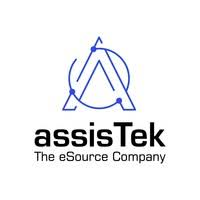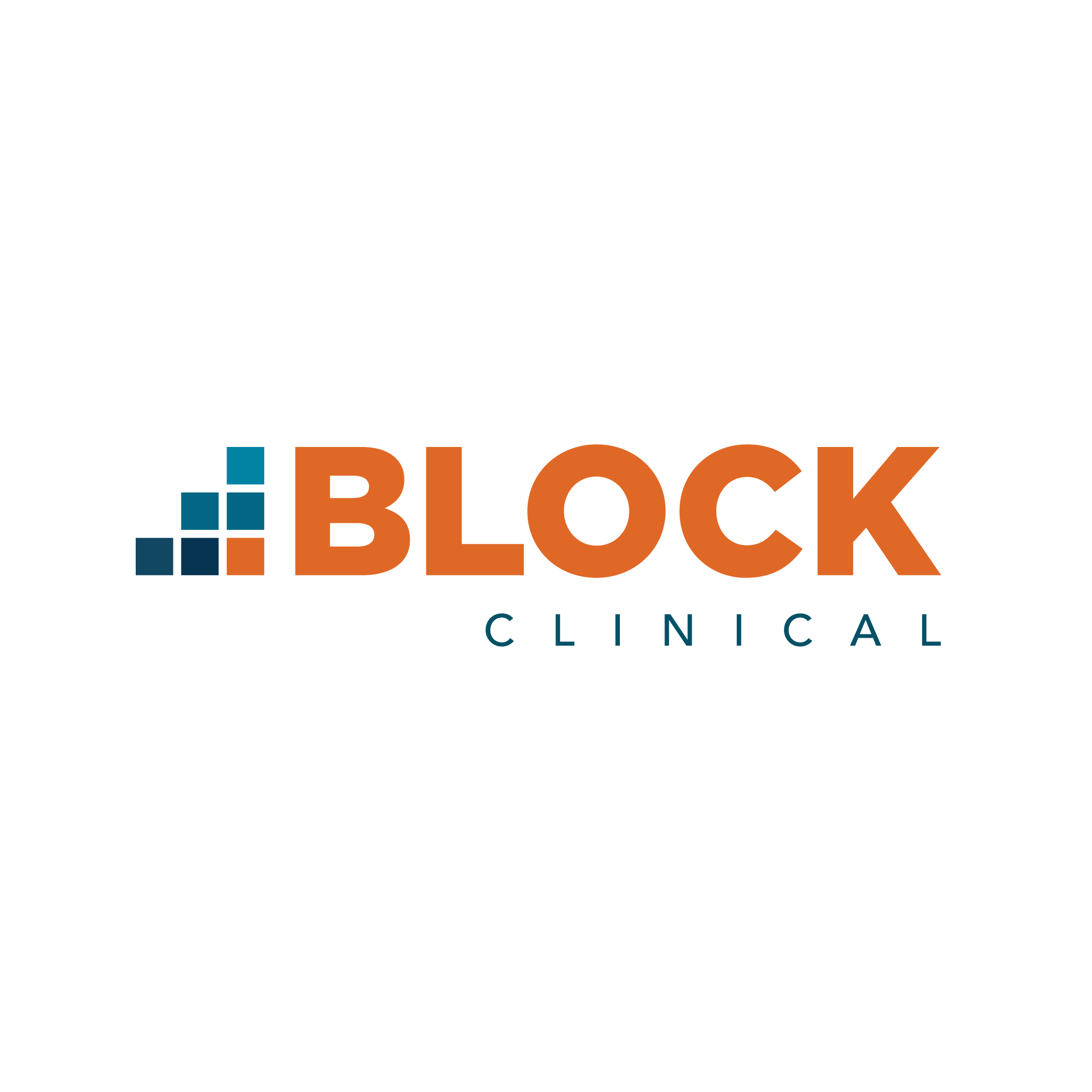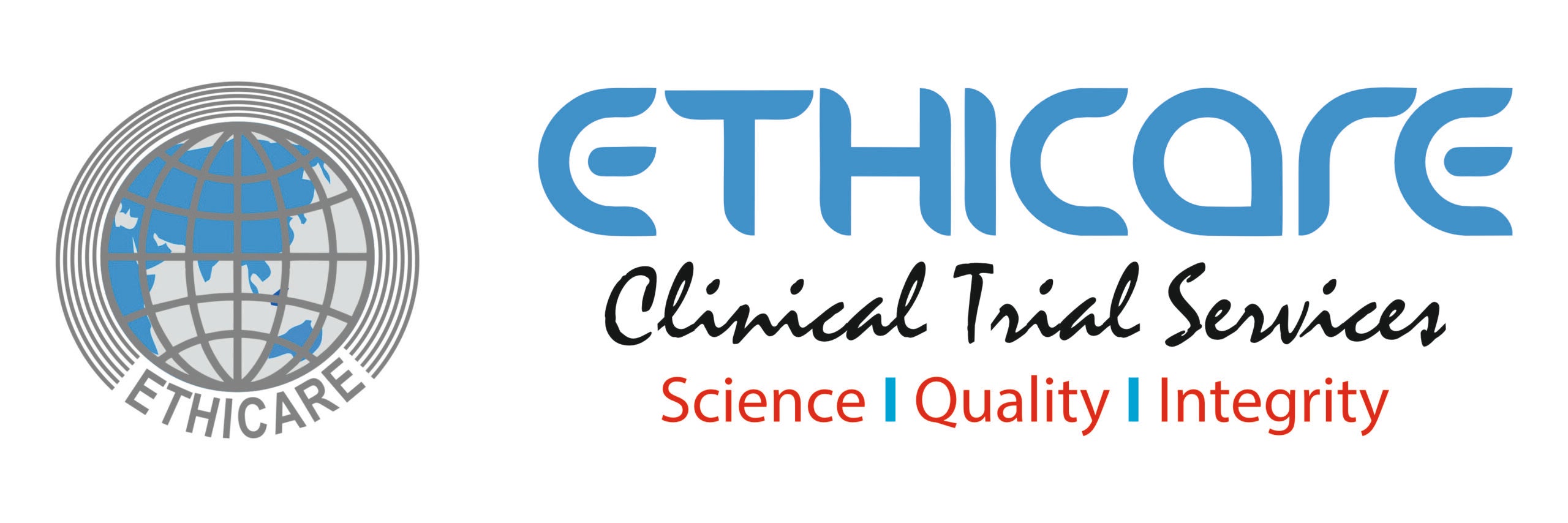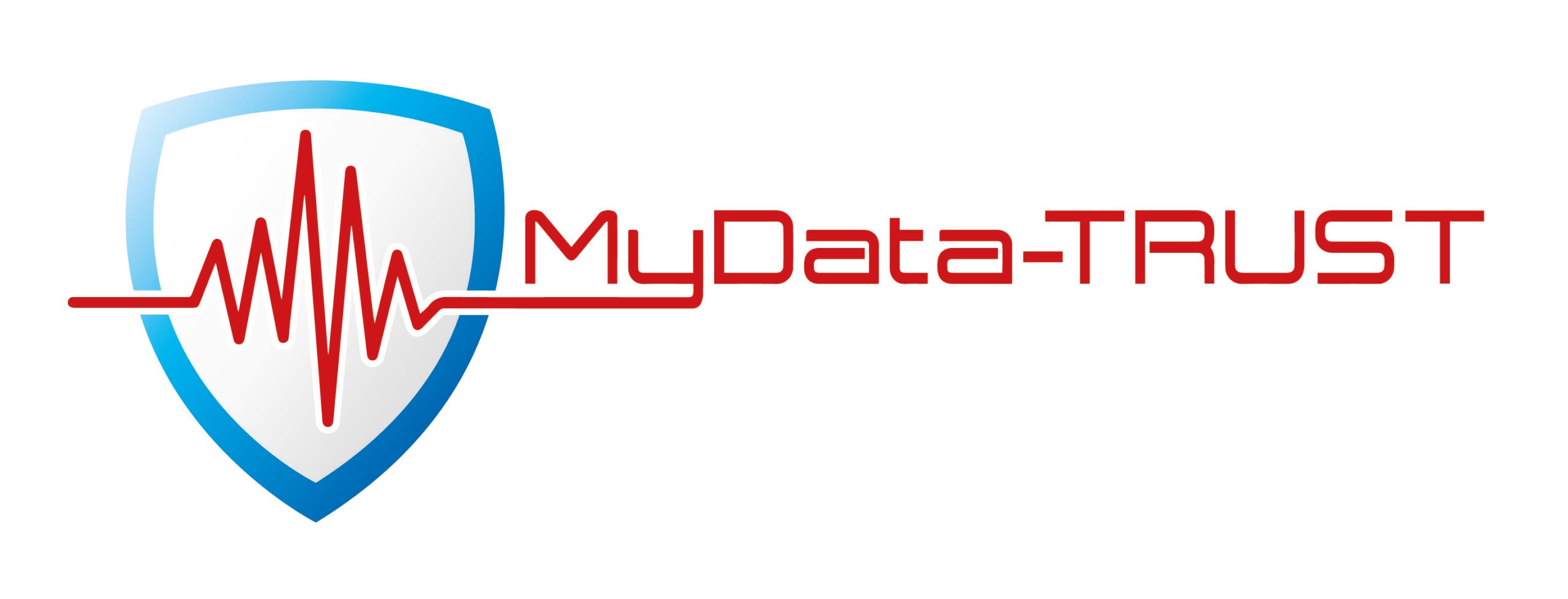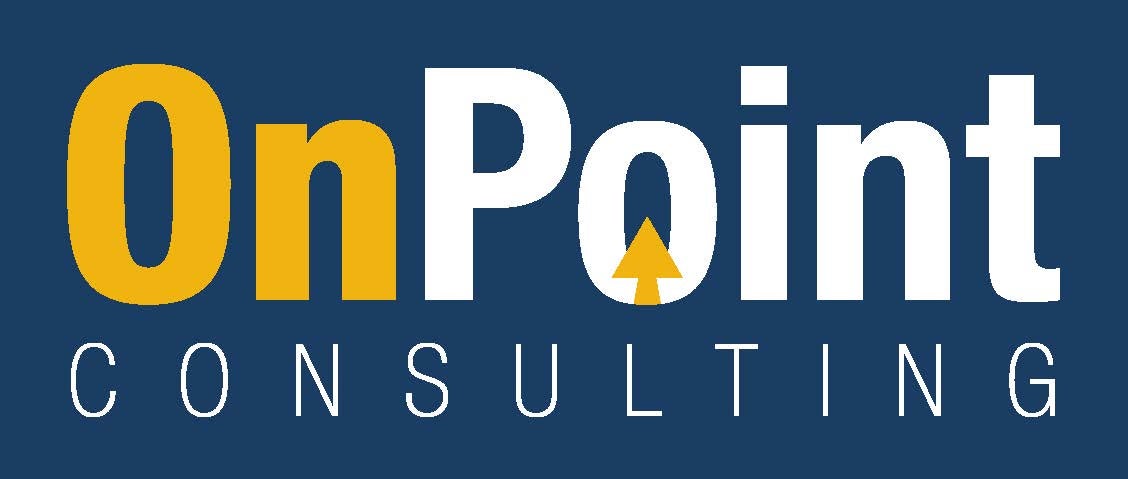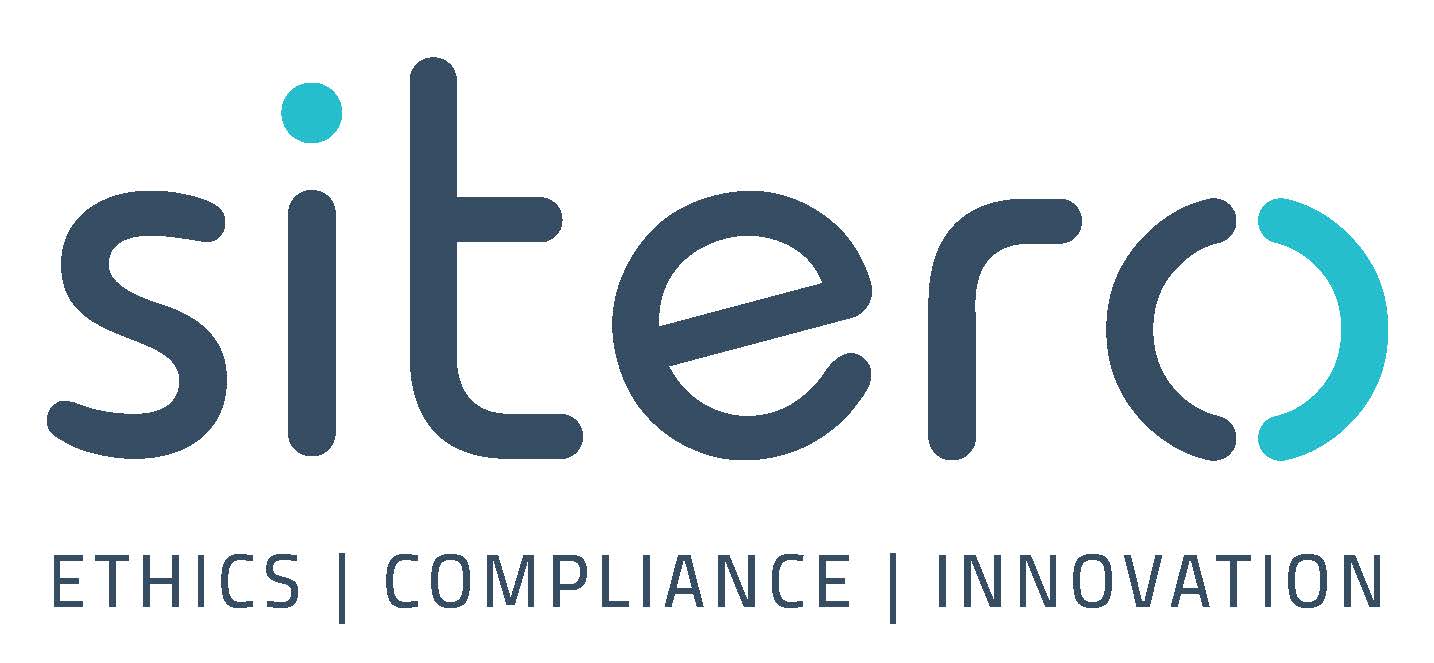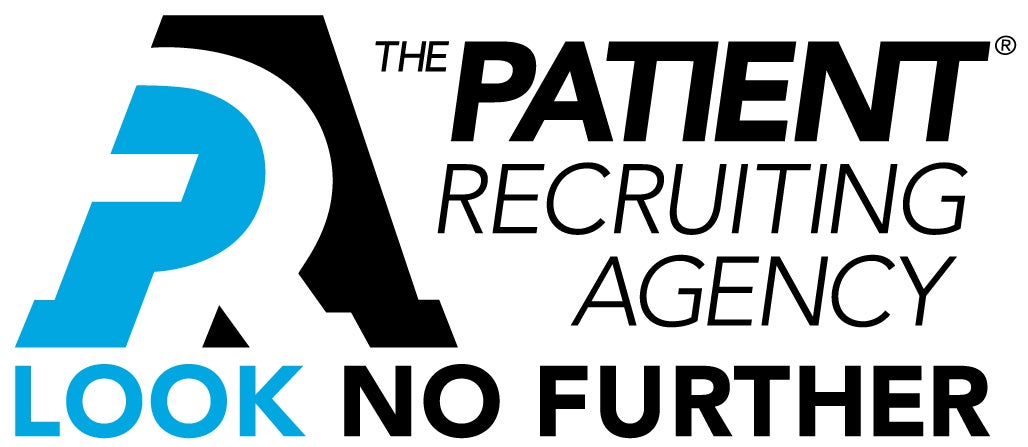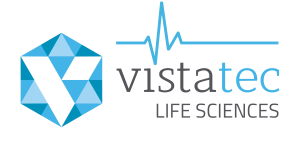Adaptive study design: creating a trial that is flexible and responsive to change
- Assessing the advantages of adaptive design over traditional fixed designs and how this can improve your clinical trial efficiency
- Key considerations for adaptive design
- What additional flexibility is available when using adaptive design?
CASE STUDY: Overcoming operational challenges for a CAR-T trial: learnings and best practice
- How are CAR-T trials unique from an operational standpoint: what do you need to consider?
- Designing KPIs and other metrics to measure the efficiency of your CAR-T trial
- Best practice in collaboration with CROs, vendors and other partners to make your CAR-T trial a success
Creating a budget that works for hybrid trials
- Introducing elements of decentralization into your trial while remaining cost-conscious
- Maximizing ROI on investment in new technology to support hybrid trials
- Where can hybridization of trials help to minimize costs and reduce timelines?
Leveraging AI to design a cutting-edge patient recruitment strategy
- Utilizing AI to minimize patient recruitment costs and maximize speed of enrolment
- An overview of how data driven technology is able to enhance patient recruitment in trials
- Leveraging AI and ML to reach a wider population when recruiting for a clinical study
CASE STUDY: eConsent and the benefits for patients, sites, investigators and sponsors
- Using eConsent as a tool to speed up recruitment and thus overall trial timelines
- The regulatory landscape surrounding eConsent: what challenges are there to this?
- Maintaining a relationship with patients in order to ensure consent is informed in remote settings
Using data and information from electronic medical records in order to shorten patient recruitment timelines
- What are the benefits of electronic medical records and how can they enhance patient recruitment processes?
- Navigating challenges and overcoming hurdles when using electronic medical records
- Using electronic medical records in conjunction with other methods of identifying and screening patients in order to shorten timelines and reduce overall costs
Risk based quality management systems: an overview of solutions available in the market
- Best practice in processes for risk based management
- Tools available to streamline risk based management and how to best leverage these
- How can risk based quality management be used effectively in order to maximize trial success
Utilizing technology to maximize patient engagement and retention
- Increasing patient touchpoints without increasing burden through the use of technology
- The importance of having lighter, more frequent touchpoints in order to increase communications and improve relationships with patients
- Assessing technologies available for supporting patient engagement and retention
Real world data in clinical trials: how can you utilize this effectively?
- Navigating FDA and international regulations around the use of RWE in clinical trials
- Understanding the full potential of RWE and how this can benefit your trial
- Collecting and analyzing RWE effectively: how to address and overcome challenges
CASE STUDY: Practical challenges when running a rare disease trial in the US
- The regulatory landscape for rare disease trials in the US: what do you need to be aware of?
- Learnings and outcomes from running a rare disease trial: where were the main hurdles
- Working with CROs and vendors in order to deliver a successful orphan drug clinical trial
Forecasting and budgeting for your clinical trial
- Ensuring your trial is both cost-conscious and efficient without compromising on quality
- Techniques, processes and technology to improve forecasting and budgeting
- Avoiding common mistakes to keep your clinical trial budget on track




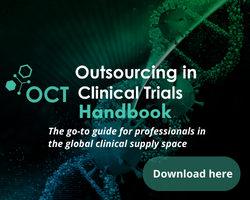
 Back
Back




